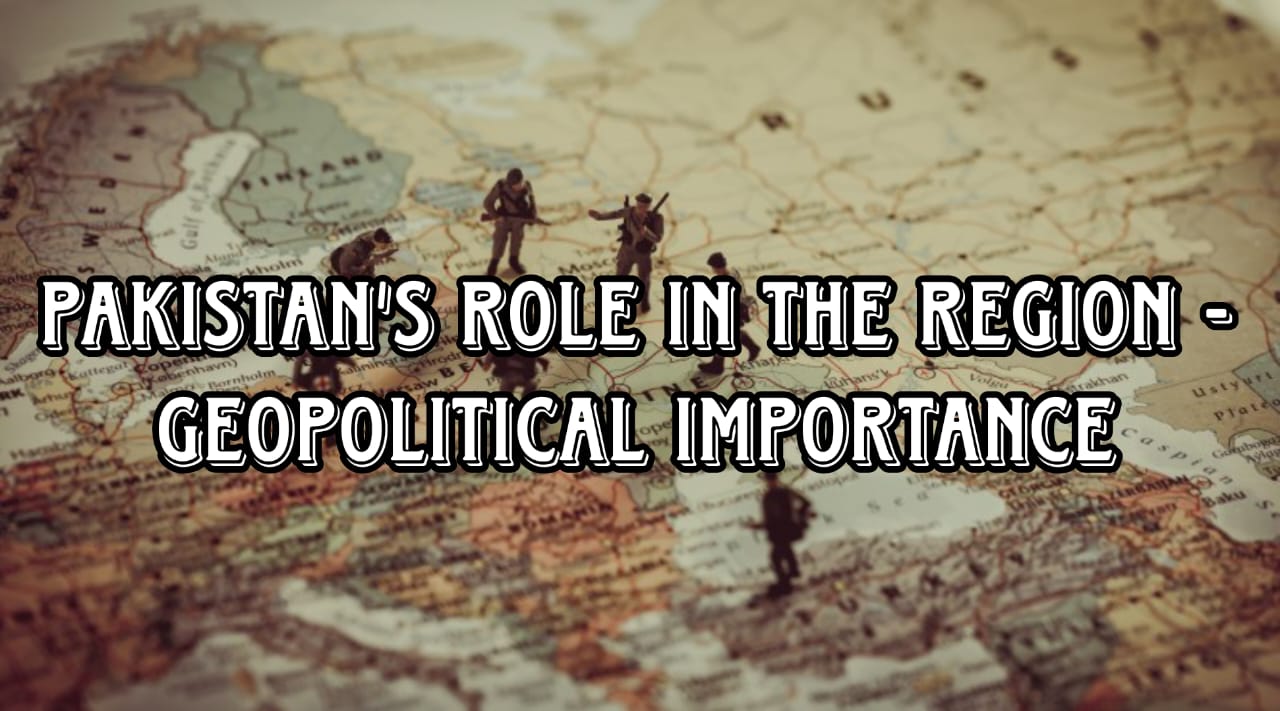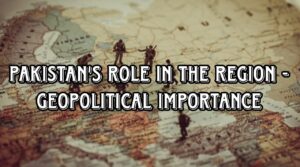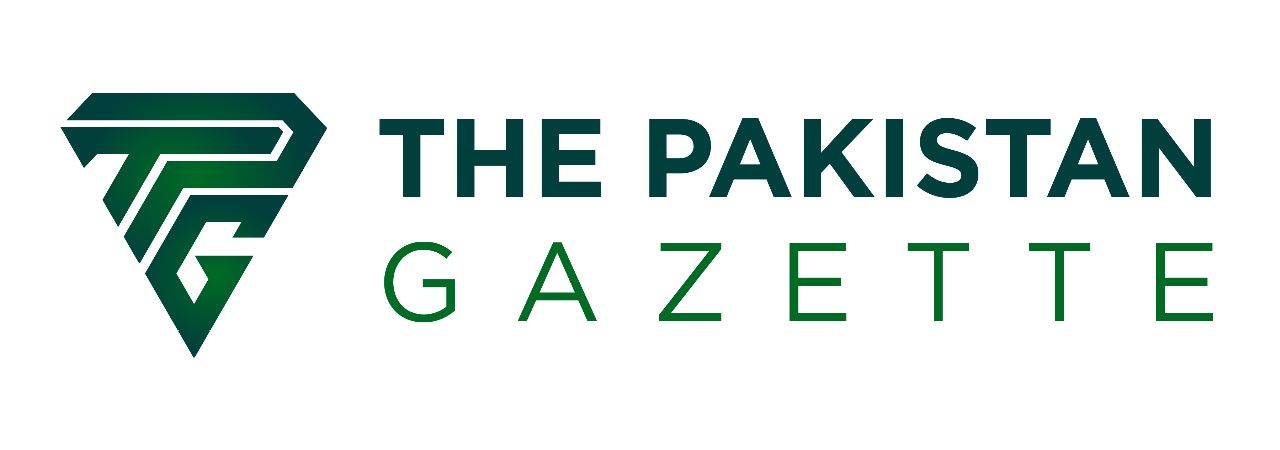
Pakistan Role in the Region – Geopolitical Importance
Pakistan plays a significant role in the region as it is strategically located between South Asia, Central Asia and the Middle East, making it a crucial player in regional and global politics. Historically, Pakistan has played an important role in promoting regional stability and has been involved in initiatives aimed at resolving conflicts and promoting peace and security in the region. Pakistan has also been an active member of regional organizations such as the South Asian Association for Regional Cooperation (SAARC) and the Economic Cooperation Organization (ECO) which aim to promote cooperation and collaboration among countries in the region.
In terms of economy, Pakistan is struggling with a looming economy but is a significant market for its neighbouring countries. The country is also rich in natural resources and has a strategic location that makes it an important transit point for energy and trade between Asia and the Middle East. Additionally, Pakistan plays a vital role in the region due to its large population and influential military. The country has one of the largest standing armies in the world and has been involved in peacekeeping operations under the United Nations.

Pakistan’s Geopolitical Importance
Pakistan’s geopolitical importance can bring many benefits to the country if it is leveraged effectively. Some of the ways Pakistan can benefit from its geopolitical importance are:
- Economic Development: Pakistan’s location at the crossroads of South Asia, Central Asia, and the Middle East makes it a potential hub for trade and commerce. The country can take advantage of its strategic location to attract investment and promote economic growth by serving as a transit point for goods and energy resources.
- Energy Security: Pakistan’s proximity to major energy-rich countries in the region and its own significant natural resources make it an important player in regional energy security. The country can work towards becoming a major transit hub for energy resources, attracting foreign investment and promoting economic development.
- Political Influence: As a large and influential country in the region, Pakistan can use its political influence to promote regional stability and security. The country can play a positive role in resolving conflicts, promoting peace and reconciliation, and promoting regional cooperation.
- Diplomatic Opportunities: Pakistan’s geopolitical importance gives it the opportunity to play a major role in regional and global diplomacy. The country can leverage its relationships with key players in the region and beyond to promote its interests and advance its foreign policy objectives.
- Defence and Security: Pakistan’s strong military and strategic location give it a significant advantage in terms of regional defence and security. The country can use its military capabilities to promote stability and security in the region and to defend its own national interests.
Geopolitical Challenges for Pakistan
- Territorial Disputes: Pakistan has a long-standing territorial dispute with India over the region of Kashmir. This conflict has led to several wars and skirmishes between the two countries and continues to pose a major threat to regional stability and security.
- Terrorism: Pakistan has been facing the threat of terrorism for several decades, with extremist and militant groups operating in the country and conducting attacks against the government and civilians. The country has made significant efforts to combat terrorism, but the threat remains a major challenge.
- Political Instability: Pakistan has a history of political instability, with military coups, weak civilian governments, and frequent changes in leadership. This instability has hindered the country’s ability to address its economic and security challenges and has created uncertainty for investors and other stakeholders.
- Border Management: Pakistan shares borders with several countries, including Afghanistan and Iran. Managing these borders and preventing the infiltration of militants and terrorists is a major challenge for the country.
- Economic Challenges: Pakistan faces significant economic challenges, including high levels of poverty, unemployment, and inflation. The country also has a large trade deficit and a high debt-to-GDP ratio, which pose significant risks to its economic stability.
- Balancing Relations with Regional Powers: Pakistan is located between two major regional powers, India and China, and must balance its relationships with both countries. This can be a challenging task, as the two countries have competing interests and conflicting views on regional security and stability.
Conclusion
Pakistan plays a complex and multifaceted role in the region, encompassing political, economic, military and cultural dimensions. Its impact on regional stability and security, as well as its potential for growth and development, makes it an important player in the region. Pakistan’s geopolitical importance presents many opportunities for the country to promote its interests and advance its development objectives. To maximize these benefits, Pakistan needs to effectively leverage its geopolitical position and build strong relationships with key players in the region and beyond. Pakistan faces a number of geopolitical challenges that pose significant threats to its stability and security. Addressing these challenges and promoting regional stability and security will require sustained efforts from the government, military, and other stakeholders in the country.
Admin at The Pakistan Gazette

